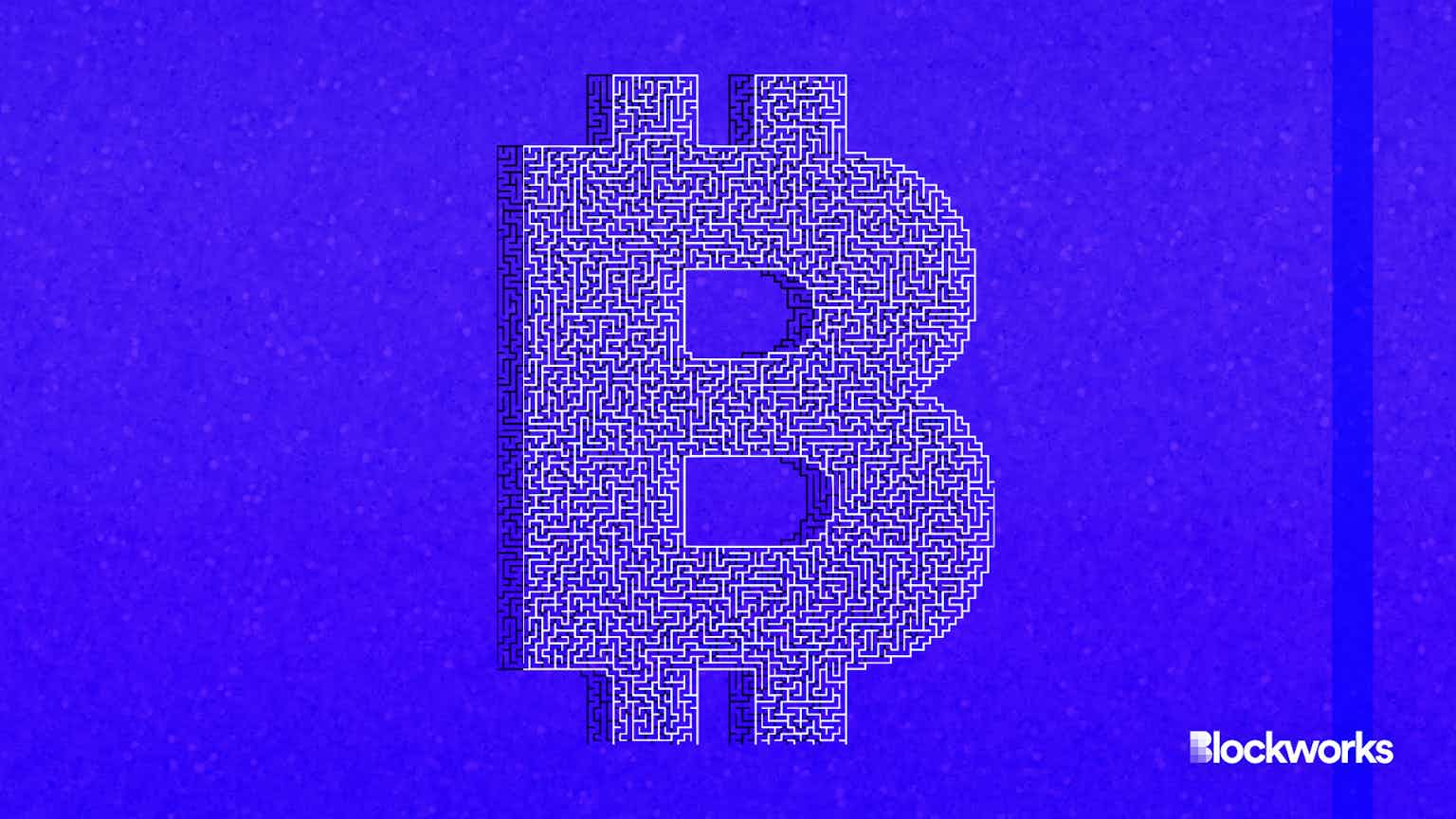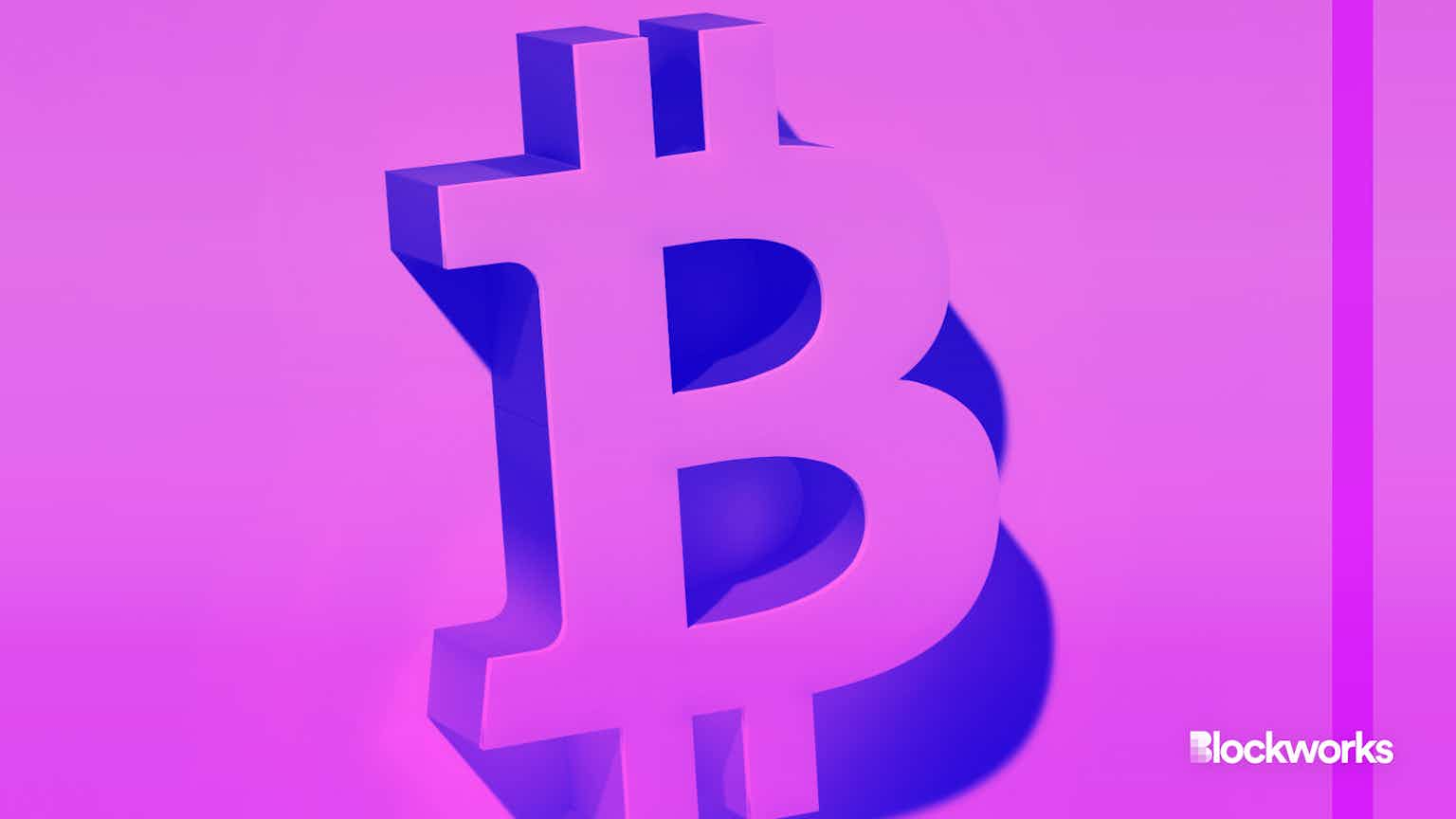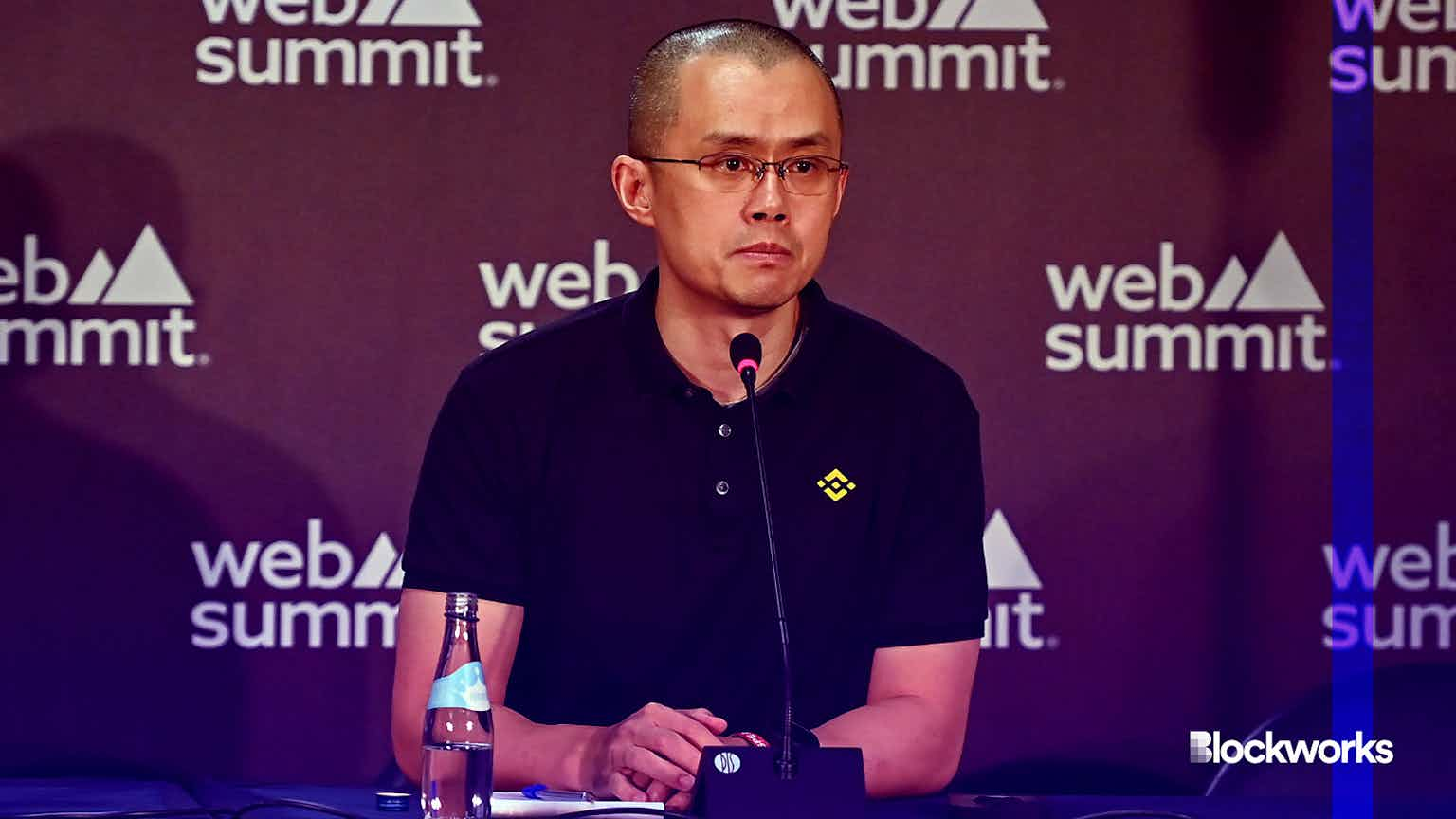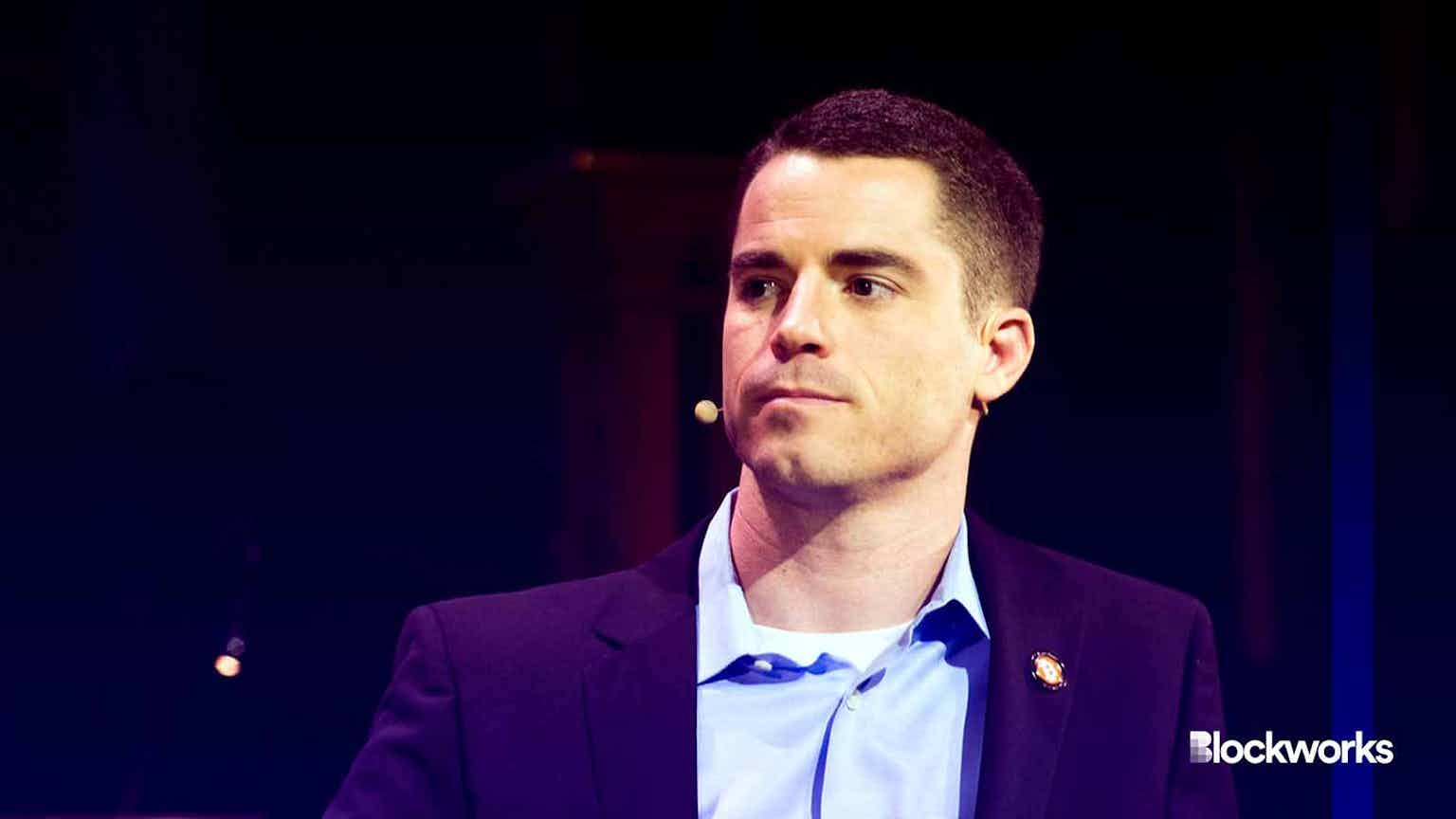The Bank Crisis Isn’t Over, but It Might End With CBDCs
Big banks eating up little banks might lead to a central bank digital currency in America
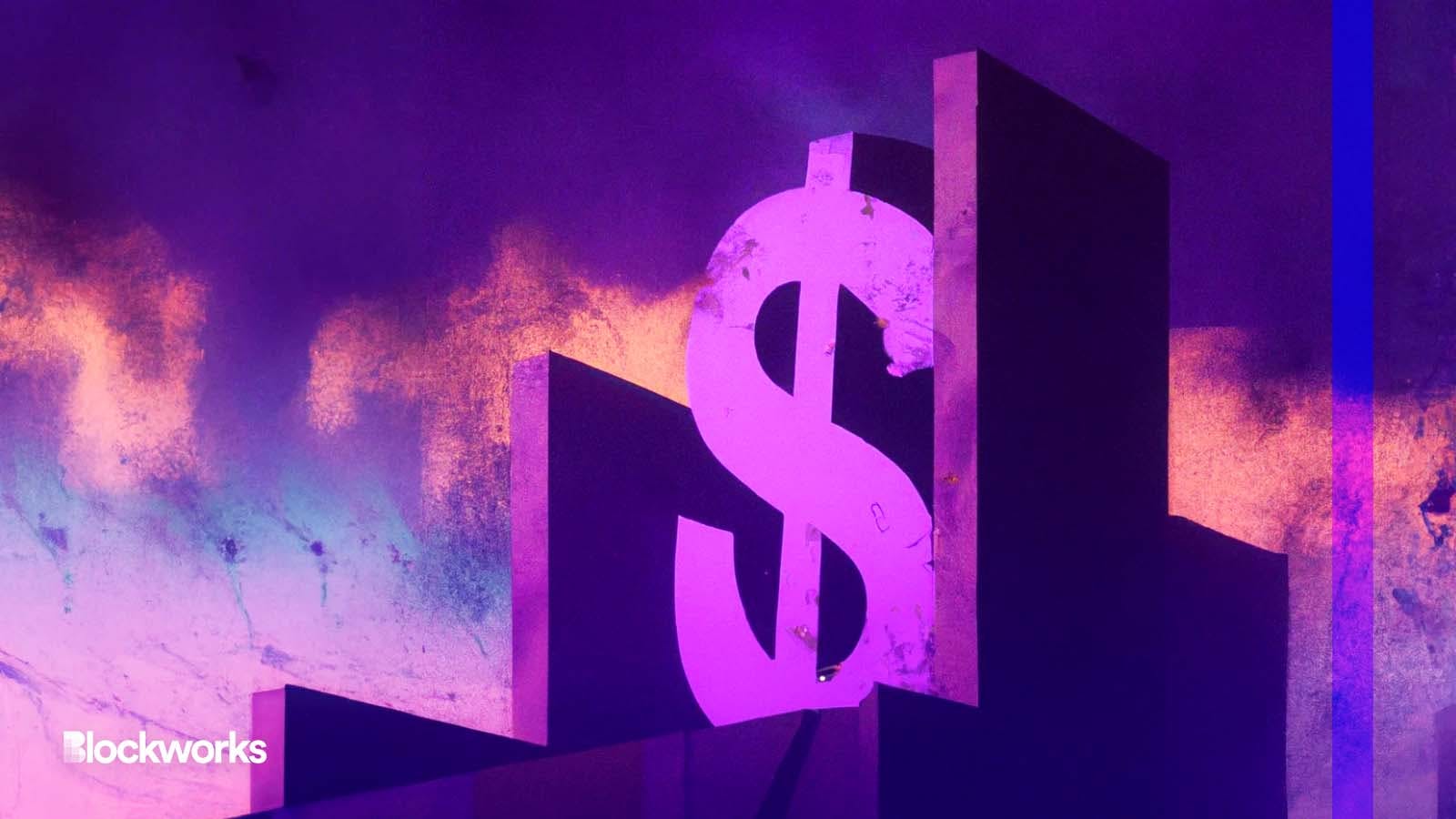
Dall-e modified by Blockworks
CBDCs. Central bank digital currencies.
Cue Darth Vader’s ‘Imperial March’ theme.
It’s an ominous concept to many in the tin foil hat crowd. Others regard the possibilities of the tech, being developed by governments and central banks all over the world, as harmless or even benevolent.
Some say the digital currency technology will lead to monetary oppression via censorship and surveillance while optimistic types dismiss those claims as paranoid dystopian hallucinations, pointing to the innovation’s security, speed and cost-saving advantages.
For the sake of this story, let’s agree to a compromise. Set the hat aside, but at least don a tin-foil visor, and look at the situation together.
The recent series of regional bank collapses and subsequent consolidations by mega-banks stir up a number of questions and concerns about where things seem to be heading.
On a recent episode of the On the Margin podcast with Mike Ippolito, Morgan Creek Capital Management founder, Mark Yusko says we are witnessing an ongoing bank crisis that is far from over — and it could lead to a bigger problem that may arrive in the form of CBDCs.
The fearful implications of CBDCs are rooted in their capacity to track all transactions tied to an identity and to be able to block any undesirable monetary behaviors by users — unlike cash or decentralized cryptocurrencies. Detractors often point to the potential for malevolent implementations of the technology in China as an example.
Such a tool would be much easier to implement in America with a smaller concentration of larger banks operating under government control rather than the current variety of smaller, independently competing entities. The ongoing absorption of smaller banks into behemoths like JP Morgan is concerning, Ippolito observes.
Correctly conjecturing at the time of the podcast’s recording that JP Morgan would scoop up the assets of the failed First Republic Bank, Yusko expresses his chagrin regarding the gradual centralization of the banking system into a blob of monolithic giants.
“It’s really sad the way people are acting around this whole crisis.”
While it’s not getting as much attention as the global financial meltdown, Yusko argues the ongoing banking mess in America is a far worse problem.
“We’re fundamentally chipping away at the bedrock of what makes our society great.”
Yusko says the failures are eroding confidence in the fractional reserve system — a system that he argues is essential in enabling capital to work. “Without financial institutions, capital sits idle in mattresses and countries implode.”
Ippolito says the emerging two-tier banking system is “a very real threat that is materializing in front of our eyes.”
“Just allowing these regional banks to fail and having all these assets get accumulated at a couple of mega banks is an undesirable outcome.”
This is the plan
“This is the plan,” Yusko replies.
“It is sinister and it is happening right in front of our eyes.”
It appears, Yusko suggests, that the alleged plan is to allow an erosion of confidence in the banking system, leading deposits to funnel into the largest institutions which can be controlled at the government level.
Pair this trend with a CBDC that further corrals financial controls into the Central Bank’s direct grasp. FedNow — the Federal Reserve’s new settlement system — could possibly be one of the early steps in this plan and has been criticized by Democrat presidential candidate Robert F. Kennedy Jr. as such.
Yusko illustrates the potential “end game” he anticipates by dramatizing the detached voice of a supposedly benevolent government as he speaks, “You don’t need any of that, good citizens of America.”
“We, the government, are here to help and we are going to eliminate all of your fears with this beautiful, lovely CBDC. You just put your money in the Fed and we will take care of it. You’ll never have to worry about it again.”
Apoplectic, Yusko asks, “Are you absolutely fucking kidding me? People are gonna fall for this?”
Ippolito expresses doubts about the degree to which current events are connected or deliberately orchestrated.
“When one of these banks,” he says, “gets out over their skis” where liabilities exceed assets, “it’s very easy to just roll that up into a larger institution that has a bigger balance sheet and has more room to run.” In essence, it could just be a matter of practicality.
Ippolito adds that historically, the general attitude of the government has been, “we have to save people from themselves” — not necessarily a nefarious plot.
“You believe in the goodness of people,” Yusko replies, “and I’m telling you, these people are not good.”
Start your day with top crypto insights from David Canellis and Katherine Ross. Subscribe to the Empire newsletter.


